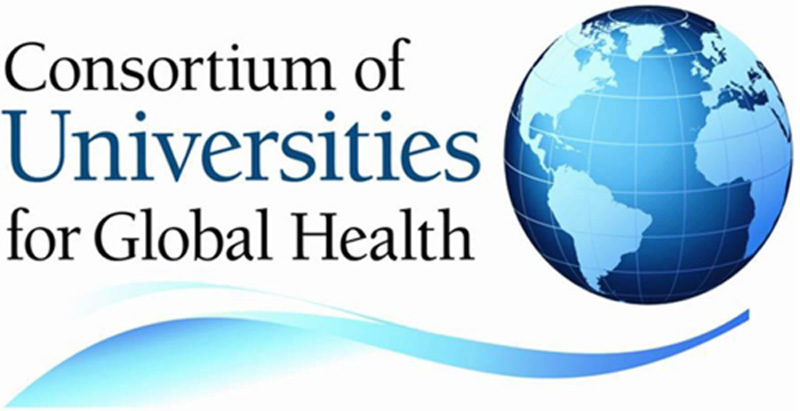We mourn the loss of the more than 35,000 people who have died in the earthquake that has devastated regions of Turkey and Syria. For the people in northwest Syria, this is a disaster piled upon a disaster. Over a decade of conflict has severely damaged this region and rendered 90% of the population dependent on humanitarian aid.
Natural disasters not only kill people, but they also destroy infrastructure and supply chains. The result is an acute shortage of the essential inputs people need for their health and security. This is exactly what is unfolding in Turkey and Syria, which means we are currently in a race against time. Thousands of people will die of preventable causes unless they can access essential medical supplies, food, water, shelter, electricity, and the personnel that can deliver the necessary care and services. To avoid additional loss of life, the international community and the governments of Turkey and Syria must work together to ensure that humanitarian assistance is given to the people in need.
The Washington DC-based Consortium of Universities for Global Health is calling for the following:
- Improved access to humanitarian assistance. Only one corridor is open between Turkey and Syria. Additional access routes that are currently closed must be opened to allow humanitarian aid and personnel to access the affected areas.
- Enable local NGOs to directly receive funds and supplies instead of having to go through a government body
- Enable international humanitarian organizations to access people in need
- Urgently organize a vote of the United Nations Security Council to authorize the delivery of more aid to northwest Syria via Turkey as the US and others have urged
The following is a list of some of the organizations providing assistance to the victims of the earthquake. We encourage individuals to support their efforts.
Doctors Without Borders www.donate.doctorswithoutborders.org
International Committee for the Red Cross and Red Crescent Societies www.redcross.org
Syrian American Medical Society www.sams-usa.net
Med Global www.medglobal.org
Syrian Forum www.syrianforumusa.org
Rahma Worldwide www.rahmaww.org
World Food Program www.wfp.org
International Rescue Commission www.rescue.org
For additional information contact Dr. Keith Martin, Executive Director, Consortium of Universities for Global Health, 202-974 6363, executivedirector@cugh.org
